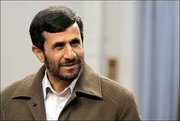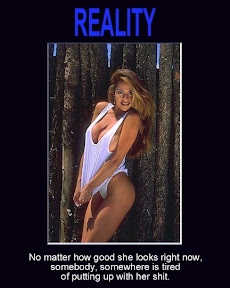Submitted by Ana Escalante on August 17, 2007 - 14:26.
Published in: Business Development Energy Miscellaneous Successful Models
When I think about people living in the BOP, I immediately picture people in developing countries. I didn't really picture people in the U.S. as people in the BOP. I have realized now after living for six weeks in the D.C. area that I could not be further from the truth. There is a big population in the U.S. in both rural and urban communities that live in poverty. For example, according to the U.S. Census Bureau, California has over 5,000,000 people living below the poverty line, some in Third World situations without clean water, lights, sanitation, or jobs. Los Angeles County alone has over 1,000,000 people living below the poverty line.Micro Enterprise Solar Harvest (M.E.S.H.) contacted NextBillion to tell us about the very interesting work here in the U.S. M.E.S.H. helps the poor in California start small, eco-friendly businesses with micro loans and entrepreneurial training. These green businesses in California are offered to the working poor, with annual incomes of less than $20,000. M.E.S.H. provides small solar units to help offset light bills and to provide warm water for showers and cooking. They also offer solar cookers and other solar aids for the poor, thus enabling them to "go green." They distribute free energy saving light bulbs to anyone who is currently using incandescent bulbs but who cannot afford to purchase compact fluorescents. Additionally, M.E.S.H. helps start community gardens and local farmers markets to provide access to healthy organic fruits and vegetables for the poor in rural and urban communities in California. As Meredith Grossland from M.E.S.H. points out, "there is no excuse for Californians to be living in Third World poverty."This organization is an example of a BOP approach in the U.S. Interestingly, this U.S.-based approach is evidently growing. Want proof? We just heard from the BOP Protocol people at Cornell University, which has recently launched a domestic chapter,
...Another variant of the protocol – and one that we discussed at Cornell a few meetings ago –addresses the needs and opportunities of low-income communities in the U.S. Starting last fall, Michael Gordon has led a team from the University of Michigan in working with a non-profit organization, SOS Community Services, which provides housing and emergency services to homeless and near-homeless families and individuals in Southeastern Michigan. Together they have been exploring the differences between a domestic and a developing world implementation of the protocol. The team has been engaged in a variety of "opening up" activities – activities that are designed to develop trust and understanding with the local community. They have also held several community-wide events aimed at preparing the community for corporate involvement. It is now time to identify companies that would like to participate in this effort to explore, serve, and find profit-making opportunities in this domestic "base of the pyramid" community.There is a growing need to tap these BOP markets, both domestically and abroad. It is interesting to see how these growing efforts, such as M.E.S.H. and Cornell's BOP Protocol, are gaining momentum. I would keep an eye open for this and see how it continues to evolve…---------------------------------------------------------------------------------------------------------------------------
Wednesday, January 23, 2008
Subscribe to:
Post Comments (Atom)



























1 comment:
****yawwwwwwwwwwwwn****
Keshi.
Post a Comment